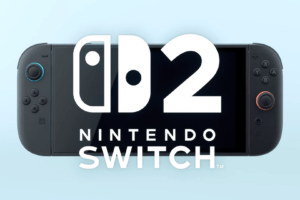Price Parity Under Fire: Stifling Competition and Inflating Costs?
Digital Rights Champion Leads the Charge: A David vs. Goliath Battle
The lawsuit is spearheaded by Vicki Shotbolt, a digital rights campaigner, who criticizes Steam for rigging the market in its favor. Shotbolt argues that Steam’s practices unfairly disadvantage consumers by restricting competition and maintaining inflated game prices.
Steam Denies Wrongdoing: A Different Perspective on Market Dynamics

Valve Corporation has not yet formally responded to the lawsuit but has previously defended its pricing strategies. Steam argues that its high commission fees are necessary to sustain platform infrastructure and provide essential services like Steamworks, benefiting both publishers and consumers through consistent pricing and platform stability.
A Complex Issue: Balancing Competition and Platform Sustainability
The lawsuit underscores the complex dynamics of competition, platform sustainability, and consumer fairness in the digital games market. Critics argue that Steam’s practices restrict consumer choice and inflate prices, while proponents defend these practices as necessary for maintaining platform integrity and service quality.
Beyond the Lawsuit: A Call for a More Level Playing Field
The legal action against Steam has sparked broader discussions about fairness and competition within the PC gaming industry. Potential outcomes include increased regulatory scrutiny of price parity agreements, potential shifts in market dynamics favoring competing platforms, and short-term price fluctuations as the market adjusts to potential changes in Steam’s business practices.
The Future of PC Gaming: A More Balanced Ecosystem?
Regardless of the lawsuit’s outcome, its impact on the PC gaming landscape could lead to a more competitive environment where developers have greater pricing flexibility and gamers benefit from enhanced choices and potentially lower prices. The coming months will be critical as the legal proceedings unfold, shaping the future of digital distribution platforms and consumer rights in gaming.
















Add Comment